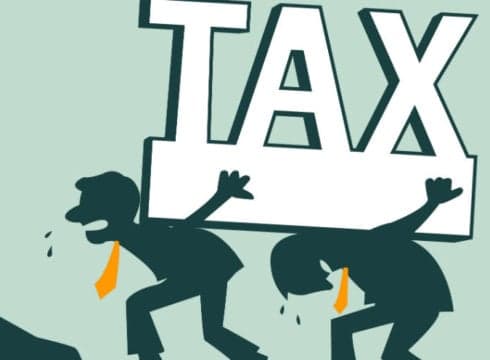Inc42 Daily Brief
Stay Ahead With Daily News & Analysis on India’s Tech & Startup Economy
In the case of Ecommerce Marketplaces Vs Gujarat State Entry Tax, the Gujarat High Court has reportedly granted some relief to the companies. The tax liability can now be reduced to the extent of central sales tax paid in the state of origin.
The order was passed by a division bench of Justice MR Shah and Justice BN Karia of Gujarat High Court, in a case relating to Flipkart and its group company Instakart. As reported by ET, the ruling will ensure that the total tax paid on the goods purchased by consumers in Gujarat from ecommerce companies is equal to the tax paid levied on similar goods in the state.
The decision is in line with the judgement given by the Supreme Court on November 11, 2016, wherein the states were allowed to impose an entry tax on ecommerce goods, but also mandated to ensure that it should not discriminate when compared with the tax imposed on similar goods by a state on its local traders.
Long Story Short
The Gujarat government passed the bill to levy entry tax on goods purchased through ecommerce portals in March 2016. As per the government, the previous bill affected the local traders as the goods on ecommerce websites were sold at a much cheaper price as no taxes were levied on these goods.
The ecommerce marketplaces including Flipkart, Amazon and Snapdeal alleged that they are a facilitator and an intermediary. The tax, if applicable, should be imposed on the merchant directly, and not on the marketplace. However, looking at the innumerable transactions happening via ecommerce marketplaces, states find it easier to impose the tax on the marketplace or delivery entity instead of the seller.
After Flipkart, Amazon too filed a case against Gujarat State Government for imposing ‘Entry Tax’. Flipkart also sued the states of Uttarakhand, Assam, Rajasthan, and Madhya Pradesh on similar lines.
Prior to this, in October 2015, Flipkart, Amazon and Snapdeal had collectively decided to stop delivering products exceeding INR 5,000 in value, in UP and Uttarakhand. The decision was made citing the harassment by tax authorities, wherein buyers needed to file VAT form and provide the details of vehicle shipping good while purchasing goods from them.
Other States With Taxes On Ecommerce Goods
- Uttarakhand: In December 2015, the Uttarakhand government had imposed 10% tax on all ecommerce goods entering the state. In response, Flipkart filed a case against the state of Uttarakhand for imposing this entry tax on ecommerce goods.
- Jammu and Kashmir: Tax is levied in case of non-registered dealers and individuals for goods above INR 4,999.
- Maharashtra: The state has an entry tax on ecommerce goods.
- Sikkim and West Bengal: Both the states have 1% tax on ecommerce goods.
- Bihar: Shipments below INR 10,000 have tax applicable.
- Himachal Pradesh: If the TIN is not mentioned then entry tax is levied. A 5% entry tax for individual & non-registered dealers, and 3% for government bodies.
- Madhya Pradesh: In his budget speech, Madhya Pradesh Finance Minister Jayant Malaiya said the government wishes to impose an entry tax of 6% on goods purchased online to compensate for the loss due to ecommerce.
- Assam: According to recent reports, Assam was also planning to levy a tax on ecommerce goods.
A few state governments charge these taxes in form of octroi and the amount ranges from 3% to 6% in different states. The situation is expected to become clear with the induction of the GST in April 2017, provided ecommerce marketplaces are defined correctly, so as to have the right kind of tax levied on them.
The development is first reported by ET.
{{#name}}{{name}}{{/name}}{{^name}}-{{/name}}
{{#description}}{{description}}...{{/description}}{{^description}}-{{/description}}
Note: We at Inc42 take our ethics very seriously. More information about it can be found here.


